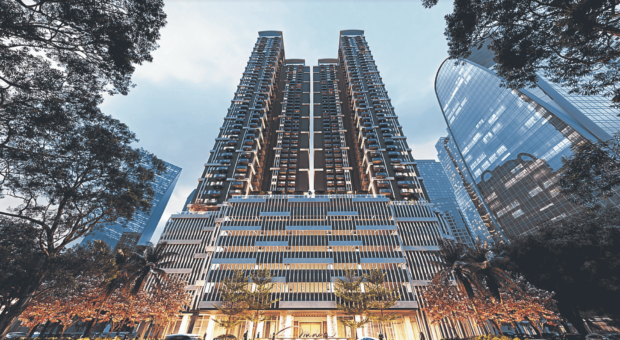The collaboration between foreign and local designers requires a careful balance of diversified influences, which is achieved through mutual respect and understanding, and fusion of styles.
Successful collaborations find deep respect and appreciation for each other’s cultural backgrounds, traditions, and design aesthetics. Foreign and local designers engage in open dialogue and knowledge exchange to find common ground and appreciate the unique perspectives each party brings. They blend their distinct learnings and create innovative designs that appeal to a broader audience.
Significance of collaborative projects
International architects introduce advanced corporate methodologies such as integrated design deliveries. (FILE PHOTO)
International architects introduce advanced corporate methodologies such as integrated design deliveries, as well as innovative construction techniques like modularity that elevate the quality and efficiency of real estate projects. Local designers, meanwhile, contribute crucial insights into the cultural and environmental context, ensuring that developments are aesthetically pleasing while remaining contextually relevant.
Learning and exchanges
Collaborative processes foster mutual learning and knowledge transfer. (HTTPS://HARAYARESIDENCES.COM )
Collaborative processes foster mutual learning and knowledge transfer. Local designers gain exposure to global best practices and innovations through active participation, elevating their skills and broadening their professional horizons. Foreign designers likewise learn from local challenges, which help them create solutions that resonate with the community and respect regional dynamics.
Influence on local architecture
The influence of international designers is evident in the emergence of new architectural styles, artistic expressions, and the adoption of state-of-the-art technologies in Philippine real estate projects. Collaborative efforts have led to the development of new spaces and forms that have never been attempted before.
International collaborations have not only expanded the market reach of Filipino architects but have also empowered them to tap into global networks and opportunities. This has led to several Filipino architects receiving international recognitions and awards for their work, further solidifying their reputation and that of the Philippines as a hub for design excellence. This increased visibility has helped them establish themselves as prominent players in the global design community.
Market perception, value addition
Properties designed through this teamwork are often marketed as premium offerings, leveraging the prestige of international brands and the authenticity of local expertise. This dual appeal attracts a diverse clientele, including expatriates, high-net-worth individuals, and discerning local buyers. These properties are often perceived to offer significant real estate value with a unique blend of international design and imported context.
The involvement of renowned international firms signals a commitment to quality and innovation, leading to higher property values and increased demand. The strategic partnership between local developers and foreign architects in developing high-end, mixed-use complexes in urban centers demonstrates the added value these collaborations bring.
Prospects and trends
The strategic partnership between local developers and foreign architects in developing high-end complexes demonstrates the added value these collaborations bring. (HTTPS://HARAYARESIDENCES.COM)
Driven by ongoing urbanization and economic growth, these trends of foreign and local collaborations are flourishing. The government’s infrastructure development initiatives and policies supporting foreign investment create a conducive environment for such partnerships.
As the market evolves, we can anticipate more projects that reflect cutting-edge design and technology and spark excitement and hope for the future.
The author (at www.ianfulgar.com) is a leading architect with an impressive portfolio of local and international clients. His team elevates hotels and resorts, condominiums, residences, and commercial and mixed-use township development projects with innovative, cutting-edge design and business solutions that have garnered industry recognition, making him the go-to expert for clients seeking to transform their real estate ventures
